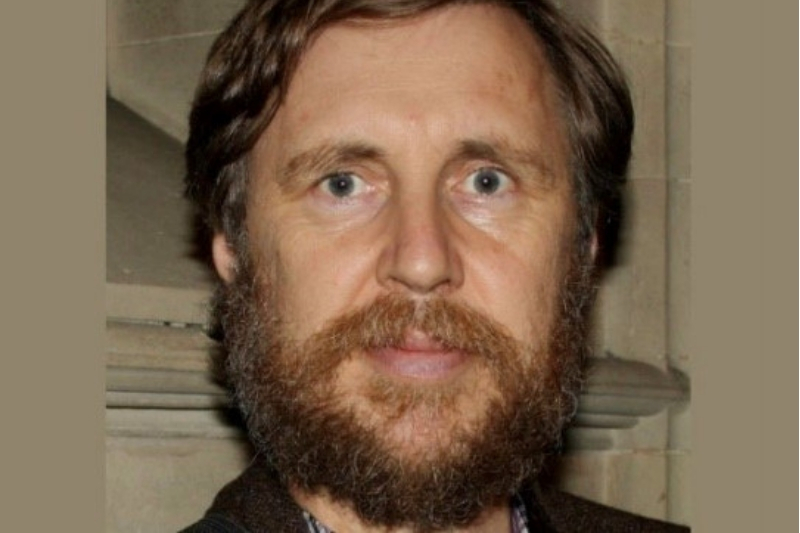Series 2 - Episode 5
The Women’s Ban Extended to the UN – Are the Taliban Pursuing Contradictory Objectives?
On Tuesday 4 April 2023 the UN mission in Afghanistan went into crisis mode. Taliban officials in Nangarhar prevented UN Afghan women staff from going to work. The UN responded by telling all staff to stay home while the mission leadership sought explanations from the Emirate on what was behind the new restrictions. Was the problem in Nangarhar localised and soluble, or part of a bigger move against the UN? Clarification has now come. The Islamic Emirate is indeed now applying the ban on Afghan women working in aid agencies to the UN, in line with the way it has enforced that ban in NGOs.
With limited exceptions, Afghan women are not permitted to work in UN offices, regardless of the kind of contract or their formal employer. This is of course a critical time for the internationally supported assistance mission in Afghanistan. United Nations agencies cannot continue “business as usual” and are forced to consider reducing staff and cutting programmes. The ban makes it even harder to persuade donors to fund Afghan assistance. But the confrontation over women’s right to work takes place in the context of a broader crack down by the Emirate authorities on civil society and anyone suspected of opposing the regime. The episode explores the Taliban objectives underpinning their latest women’s ban.
Podcast produced by Colm Heatley.

Professor Michael Semple
Professor Michael Semple works on innovative approaches to peace-making and engagement with militant Islamic movements in Afghanistan and South Asia.
